The publication is reproduced in full below:
{time} 1445
MEASURING THE ECONOMICS DRIVING INVESTMENTS AND ACCESS FOR DIVERSITY
ACT OF 2021
Mr. PALLONE. Mr. Speaker, I move to suspend the rules and pass the bill (H.R. 1754) to amend the Communications Act of 1934 to require the Federal Communications Commission to consider market entry barriers for socially disadvantaged individuals in the communications marketplace report under section 13 of such Act.
The Clerk read the title of the bill.
The text of the bill is as follows:
H.R. 1754
Be it enacted by the Senate and House of Representatives of the United States of America in Congress assembled,
SECTION 1. SHORT TITLE.
This Act may be cited as the ``Measuring the Economics Driving Investments and Access for Diversity Act of 2021'' or the ``MEDIA Diversity Act of 2021''.
SEC. 2. CONSIDERING MARKET ENTRY BARRIERS FOR SOCIALLY
DISADVANTAGED INDIVIDUALS.
Section 13(d) of the Communications Act of 1934 (47 U.S.C. 163(d)) is amended by adding at the end the following:
``(4) Considering socially disadvantaged individuals.--In assessing the state of competition under subsection (b)(1) and regulatory barriers under subsection (b)(3), the Commission, with the input of the Office of Communications Business Opportunities of the Commission, shall consider market entry barriers for socially disadvantaged individuals in the communications marketplace in accordance with the national policy under section 257(b).''.
The SPEAKER pro tempore. Pursuant to the rule, the gentleman from New Jersey (Mr. Pallone) and the gentleman from Ohio (Mr. Latta) each will control 20 minutes.
The Chair recognizes the gentleman from New Jersey.
General Leave
Mr. PALLONE. Mr. Speaker, I ask unanimous consent that all Members may have 5 legislative days in which to revise and extend their remarks and include extraneous material on H.R. 1754.
The SPEAKER pro tempore. Is there objection to the request of the gentleman from New Jersey?
There was no objection.
Mr. PALLONE. Mr. Speaker, I yield myself such time as I may consume.
Mr. Speaker, I rise in strong support of H.R. 1754, the Measuring the Economics Driving Investments and Access for Diversity Act of 2021, or the MEDIA Diversity Act of 2021.
This bill promotes much-needed diversity in the communications marketplace. It does this by requiring the Federal Communications Commission, with the input of its Office of Communications Business Opportunities, to consider market entry barriers for socially disadvantaged individuals in the communications marketplace.
Currently, there are vast inequities in the communications marketplace. While women and people of color make up over 50 percent of our population, broadcast ownership by them is only about 10 percent. That is extremely concerning, Mr. Speaker, when you think that media outlets can influence people's opinions and perceptions through the programming decisions that are made.
Diversity in ownership of media outlets helps to ensure that programming offers different perspectives and that viewers have access to programming that is relevant to them. Experts have also found that ownership diversity can provide financial and competitive benefits. But in a concentrated communications marketplace, barriers for entry still exist, and the Federal Communications Commission is already tasked with studying what those barriers are. This bill asks the FCC to also consider market entry barriers for socially disadvantaged individuals.
Creating ownership parity to reflect this country's diversity is a worthy goal, and this bipartisan effort is a step in identifying market entry barriers.
To be clear, there is so much more that we need to do, Mr. Speaker. While incremental steps are critical, we must do more. I look forward to working with my colleagues to take additional steps to diversify our media market.
I commend Representatives Long and Veasey for their bipartisan work on this legislation. I hope we can now come together in a bipartisan fashion to do the additional work that is needed to finally eliminate the barriers so that the owners of our media outlets begin to look more like the communities that they serve.
Mr. Speaker, I urge all my colleagues to support the MEDIA Diversity Act of 2021, and I reserve the balance of my time.
Mr. LATTA. Mr. Speaker, I yield myself such time as I may consume.
Mr. Speaker, I rise today in support of H.R. 1754, the MEDIA Diversity Act, introduced by my colleague from Missouri, Representative Long. This legislation represents another step forward to uplift minority voices and promote diversity in the media marketplace.
I understand how important it is to serve communities with local programming that accurately reflects a community's population. I have also seen the media industry make great strides to promote diversity and create new content to appeal to the communities they serve by establishing programs and initiatives to promote opportunities for women, minorities, veterans, elderly, and other socially disadvantaged individuals to participate in the media marketplace.
Of course, the media industry is only one small part of a vast communications marketplace that encompasses a large variety of organizations, including mobile wireless providers, online video distributors, fixed broadband providers, and so on.
It is also important to keep in mind that there are new entrants in the tech industry who are providing additional opportunities for minorities, women, veterans, and underrepresented groups who might not have been heard before to make their voices heard.
Nonetheless, there is still work to do to make sure that those previously unheard voices and underserved communities are represented in traditional media and all other areas of the large communications marketplace, and this legislation will help.
I am glad to support this piece of bipartisan legislation that will allow the Federal Communications Commission to evaluate the market barriers socially disadvantaged individuals face in the communications marketplace as a whole.
In closing, Mr. Speaker, again, I urge all Members to support this piece of legislation. It is very important. It was introduced by our colleague, Mr. Long from Missouri.
Mr. Speaker, I yield back the balance of my time.
Mr. PALLONE. Mr. Speaker, I ask my colleagues to support this legislation, and I yield back the balance of my time.
The SPEAKER pro tempore. The question is on the motion offered by the gentleman from New Jersey (Mr. Pallone) that the House suspend the rules and pass the bill, H.R. 1754.
The question was taken.
The SPEAKER pro tempore. In the opinion of the Chair, two-thirds being in the affirmative, the ayes have it.
Mr. ROSENDALE. Mr. Speaker, on that I demand the yeas and nays.
The SPEAKER pro tempore. Pursuant to section 3(s) of House Resolution 8, the yeas and nays are ordered.
Pursuant to clause 8 of rule XX, further proceedings on this motion are postponed.
____________________
SOURCE: Congressional Record Vol. 167, No. 126
The Congressional Record is a unique source of public documentation. It started in 1873, documenting nearly all the major and minor policies being discussed and debated.
House Representatives' salaries are historically higher than the median US income.

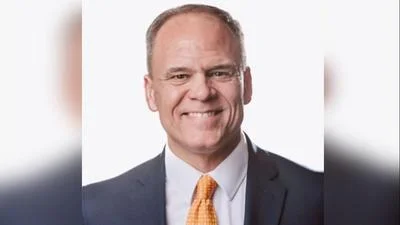
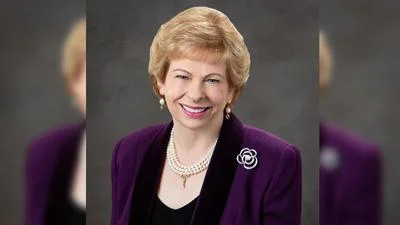
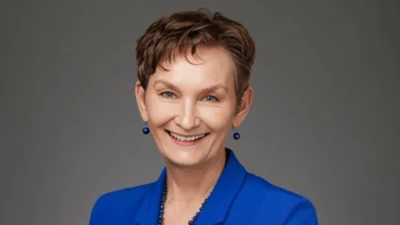
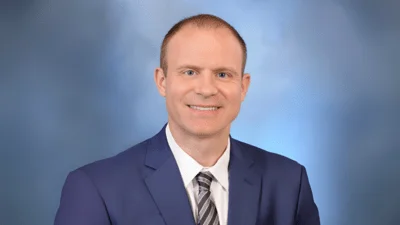
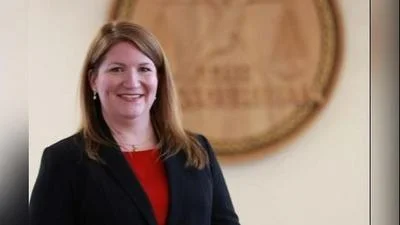
 Alerts Sign-up
Alerts Sign-up